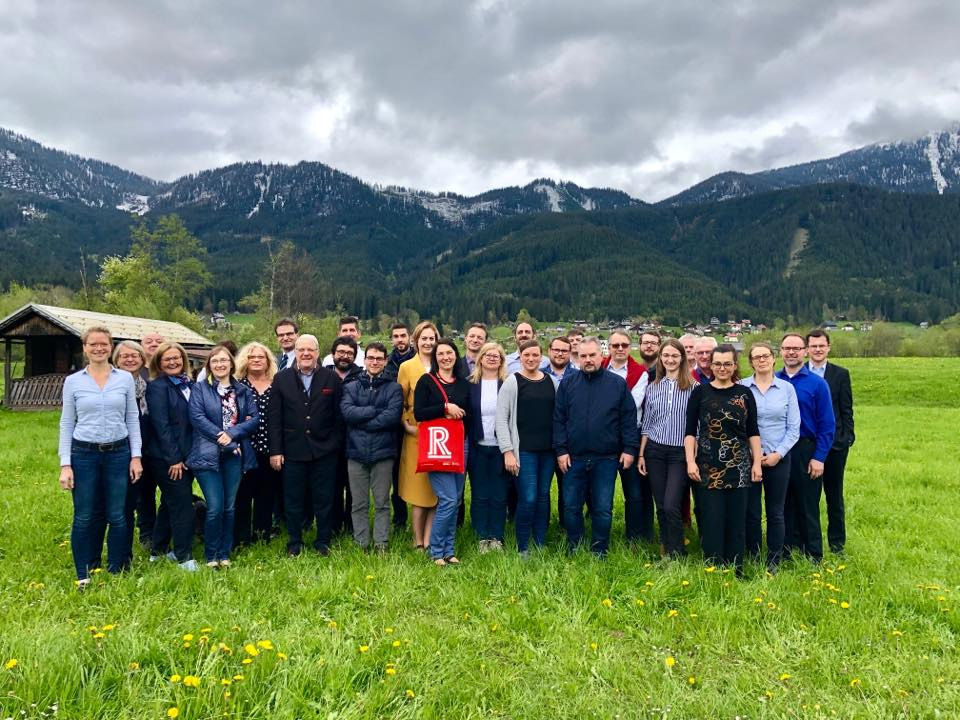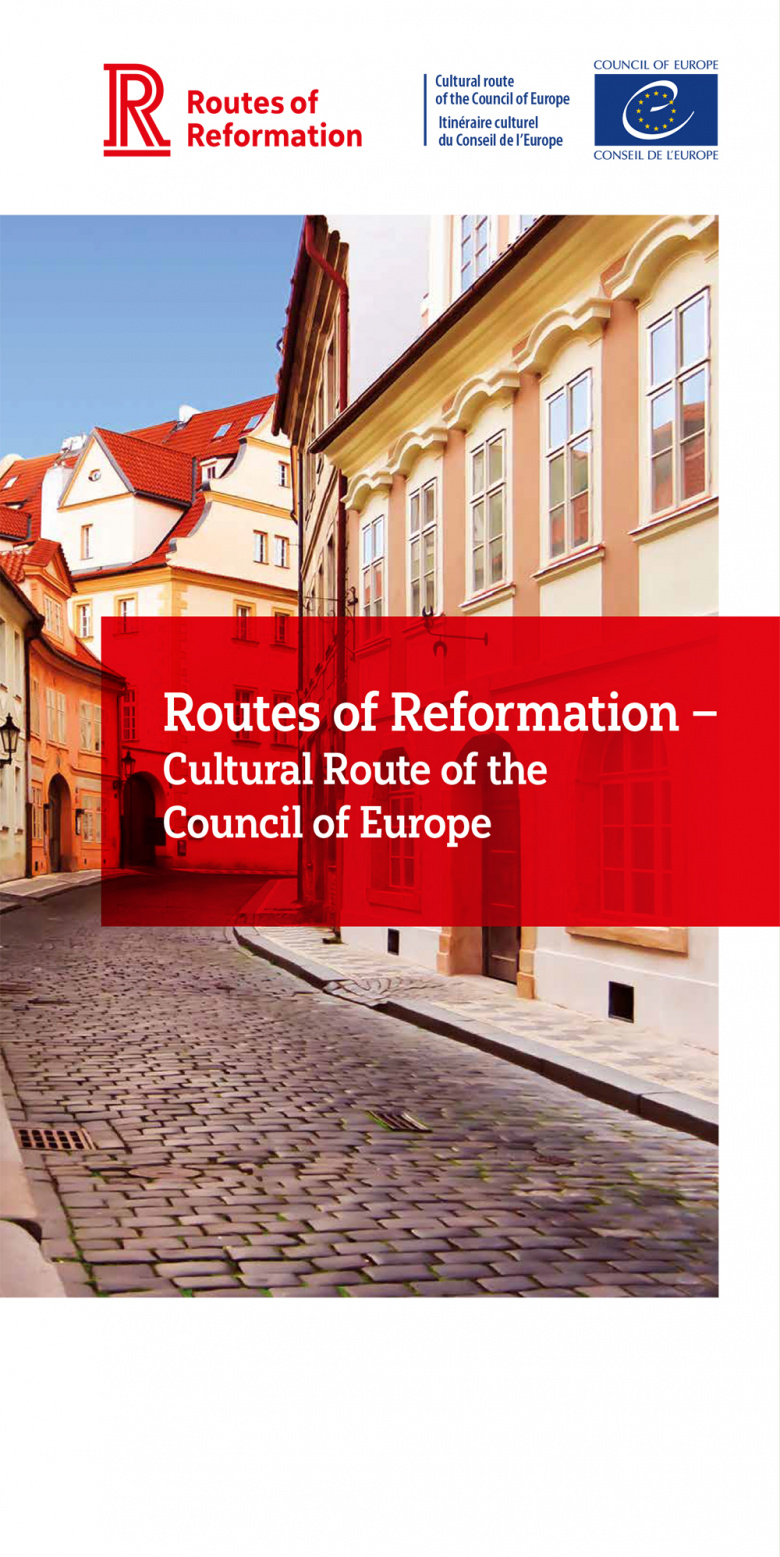About Routes of Reformation Association
The association, Routes of Reformation Association (RoR) founded in Slovenia in October, 2018, is rooted within the Interreg CENTRAL EUROPE Project “European Cultural Route of Reformation“ (ECRR), running from 2016-2019. The Routes of Reformation provides the outstanding opportunity to showcase the interlinkages and diverse values of the different national and international movements of Reformation and their evolution throught past centuries.
Goals
- To promote Reformation-themed cultural heritage
- To implement the principles of sustainable regional development along the Route and its sites of Reformation
- To enhance cross-border cooperation and networking to preserve Reformation-themed cultural heritage
- To connect people of different cultures, religions, and/or ethnic origins as well as of differing socio-economic backgrounds
- To strengthen and coordinate relations between the members of the Routes of Reformation and to establish a foundation for integrating new members
- To network and collaborate with other established regional, national, and international organizations concerned with the preservation of Reformation-themed cultural heritage as well as established cultural routes.
- Observance of the European Charter on Architectural Heritage, Human Rights (Religious Practice), Regional and Minority Languages and the Landscape Convention (Cultural Landscape and Cultural Heritage Protection).
- In all activities, compliance with the rules and requirements of public interest must be ensured.
Board
The Board of Routes of Reformation Ass. reg. manages the day-to-day business and performs the tasks as laid out in the statues and as decided by the General Assembly. A special attention shall be given to a geographical and gender balance of the members. The President shall represent Routes of Reformation Ass. reg. in all internal and external matters together with one of the Vice Presidents or the Treasurer.
Scientific Comittee
The Scientific Comittee comprises of one representative of each member country and the Board.
It meets at least once in the year in which the General Assembly of all members does not meet.
The Scientific Comittee has the task to monitor and review the work of the Board; admit new members, fix the annual membership fee, approve the budget and adopt the annual work program.
Shape the Routes of Reformation With Us
Routes of Reformation is an “Archipelago Route”: A network of points of interest as well as (inter-)regional routes linked by a common theme and story.
The network Routes of Reformation aims to be a certified cultural route by the Council of Europe and is being developed in the framework of the Interreg Central Europe funded network „European Cultural Route of Reformation“ until June 2019. After June 2019 the network will be managed by the Routes of Reformation Association and will further work together and grow and expand.
Definition „Reformation-based Cultural Heritage”
“A set of tangible and intangible legacies from movements related to Christianity that took place across Europe mainly in the 16th Century, but rooted in ideas and processes from the 12th Century onwards, which unfolded with diverse regional and national characteristics. These movements led to cultural and religious pluralisation, a transformation of daily Christian practices and in the clergy and contributed to changes in social, cultural and political values and ideas. Their legacies are manifold and range from buildings, written documents, sites of historical events, effects of the counter-reformation, travelling paths, works of art, museums and exhibitions, to culinary traditions, music, oral storytelling, legends and celebrations, as well as contributions such as an expansion in education, a promotion of national identities – mostly through translations into local languages – and values like individual responsibility. These movements’ heritage is an integral part of the European cultural environment”.

